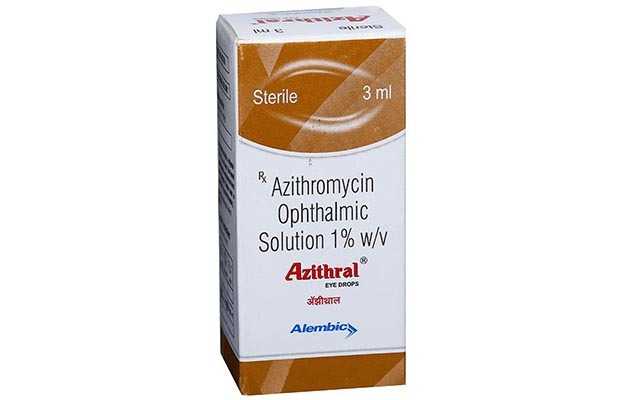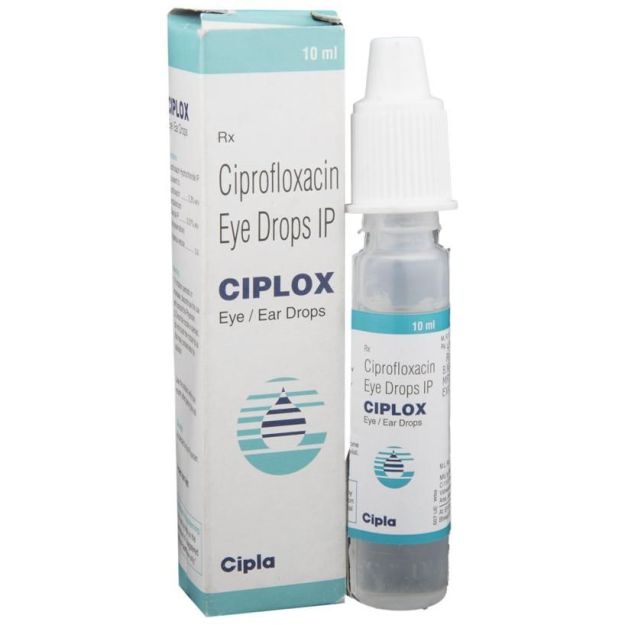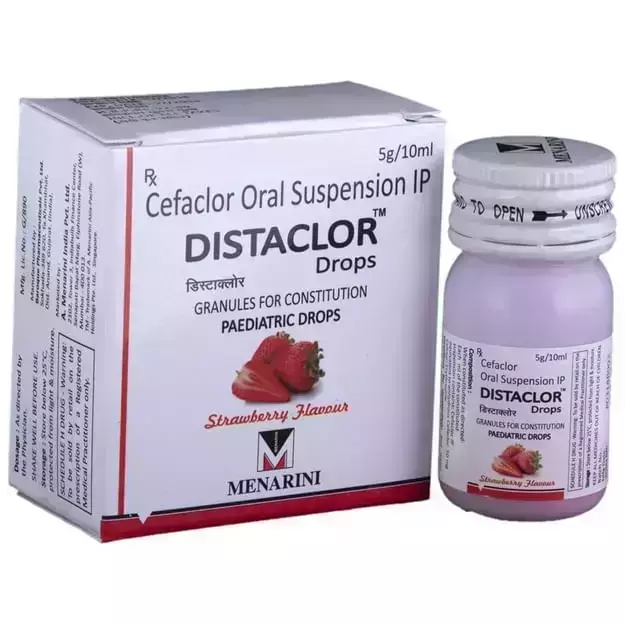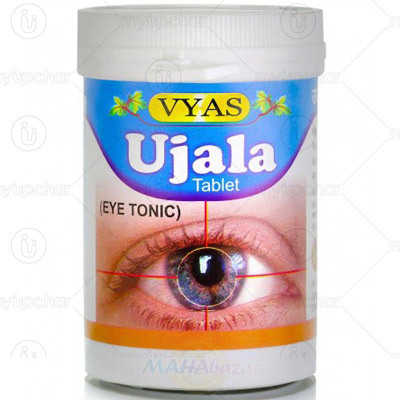Renicol Eye Drop is a prescription medicine that is available as a Drops. It is typically used for the treatment of Bacterial Infections. Other than this, Renicol Eye Drop has some other therapeutic uses, which have been discussed ahead.
Medical history of the patient along with age and gender determines the dosage of Renicol Eye Drop. Individual symptoms and route of administration also determines the right dosage. Refer to the dosage section for a detailed discussion.
While these are the most often observed Renicol Eye Drop side effects, there are can be others also. These have been listed below. Usually, these side effects of Renicol Eye Drop go away soon, and do not persist beyond the duration of the treatment. Please speak with your doctor if these side effects worsen or persist for a longer duration.
It is also important to note that Renicol Eye Drop has a Severe effect for pregnant women and Severe effect on lactating mothers. Further, the section on Renicol Eye Drop related warnings talks about Renicol Eye Drop's effects on the liver, heart and kidney.
Individuals suffering from medical conditions like Kidney Disease, Liver Disease must refrain from the use of Renicol Eye Drop since this can cause severe adverse effects. The section on Renicol Eye Drop contraindications lists all such conditions.
Drug reaction of Renicol Eye Drop with other medicines has been reported. Refer to the list below for further details.
In addition to the above precautions for Renicol Eye Drop, it is important to know that it is safe while driving, and is habit-forming.
X



















